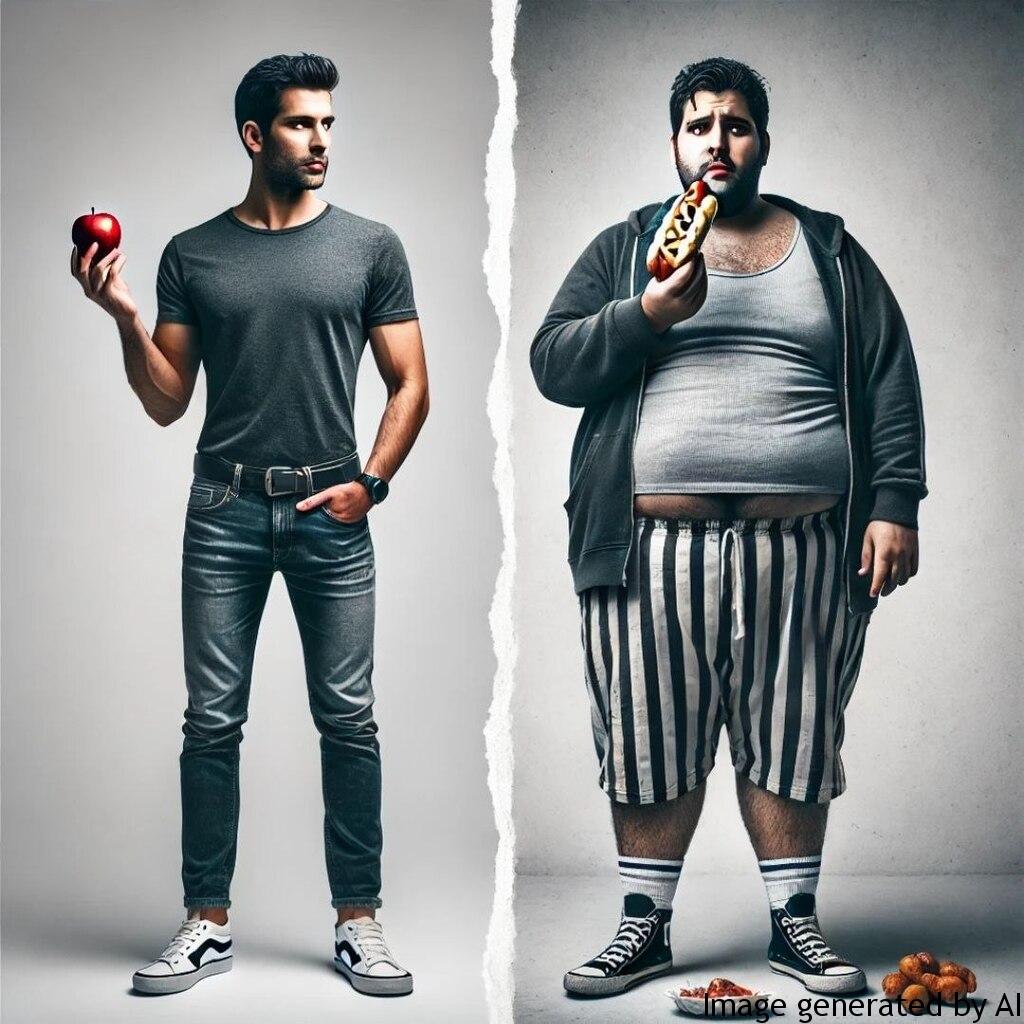Our contemporary society is inundated with both explicit and implicit information regarding bodily appearance and sexual function. The concepts of libido and body weight are significant aspects that significantly affect the psychological health and personal experiences of individuals. This article will discuss the interplay between libido and weight changes, the gender expectations influencing these concerns primarily for men, and the subsequent effects on their psychological health. We will also provide suggestions to enhance psychological health while considering gender roles.
Introduction
Libido, or sexual desire, and body weight are two aspects that are highly influenced by psychological health, societal norms, and stereotypes. They are intertwined, with changes in one often leading to shifts in the other. Conversely, our perceptions and anxieties regarding these changes can feed back into our psychological well-being, leading to further changes in libido or body weight. This dynamic can particularly affect men, who are socially conditioned to attach their self-worth and masculinity to their body image and sexual prowess.
Gender Expectations and Their Impact on Men’s Psychological Health
Societal Gender Expectations
Society often expects men to maintain an impressively toned and fit body as well as demonstrating high and consistent sexual vitality. Failing to meet these expectations can create added psychological stress, which can lead to decreased sexual drive and changes in weight.
Body Image and Confidence
In many societies, a man’s physique is often related to their self-esteem and overall confidence levels. Consequently, weight gain can lead to feelings of inferiority and frustration. This negative self-perception can significantly impact a man’s libido.
Impacts on Libido
Stress and anxiety over weight gain or loss not fitting into the socially constructed ‘ideal body’ can lead to erectile dysfunction and a drop in sexual drive in men. Furthermore, weight changes can also alter hormone production, which can further exacerbate a low libido.
Examples of How Gender Roles Can Influence Men’s Lives
Men may develop body dysmorphia or eating disorders to meet societal expectations of body perfection. In trying to conform to such standards, they may resort to unhealthy dieting or obsessive exercise, which can pose significant health risks. Additionally, concerns over body image and libido can harm personal relationships and lead to social withdrawal and isolation.
Tips for Improving Psychological Health Considering Gender Roles
Health practitioners and therapists must be aware of societal pressures placed on men regarding body image and libido. Encouraging open discussions can help reduce the stigma associated with such issues. Furthermore, promoting healthy diet and exercise regimens that focus on overall wellness rather than achieving an ‘ideal body’ can be beneficial. It may also be beneficial to initiate wellness programs, counselling, and therapeutic methods specifically targeting these concerns among men.
Conclusion
The interplay between libido and weight changes isn’t merely a physical issue; it’s deeply embedded within societal constructs and gender norms. It is essential to shift our understanding and consideration of these issues to promote a healthier attitude towards body image and sexual health, particularly among men. This can help drastically improve not just physical health but also psychological well-being, leading to a more accepting and empathetic society.

